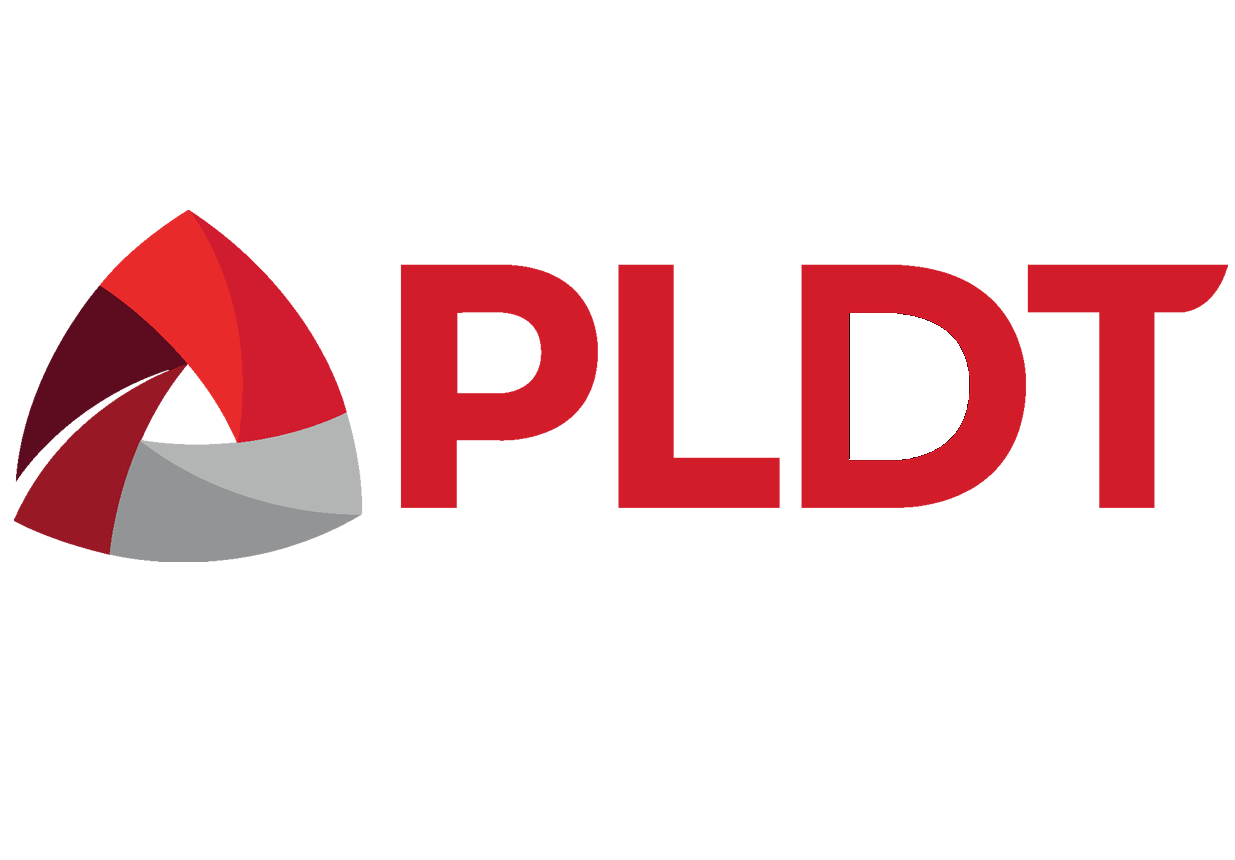
The PLDT Group is also building up further the capacity of its network-based child protection platform and is currently testing additional technologies that would allow automatic blocking of end-user access to OSAEC or child pornographic content.
“When users try to open these malicious materials that are on our network blacklist, our child protection platform will automatically redirect them to a landing page that informs them that the files they’re trying to access violate the country’s Anti-Child Pornography Law,” explained Angel Redoble, FVP and Chief Information Security Officer of ePLDT Group, PLDT Group, and Smart Communications.
The PLDT Group is also expanding its intelligence sources on domains with identified OSAEC content. It has earlier embarked on seeking a membership to UK-based international non-profit organization Internet Watch Foundation (IWF) dedicated to eliminating online child sexual abuse content. Once completed, this membership will enable the telco group to gain access to a rich database of web pages linked to child sexual abuse.
“As we strongly condemn the continuing abuse on our children online, this membership underscores our network-level investment on a more advanced child protection platform. This also seals our commitment to the global cooperation and resolve against OSAEC. With the completion of this IWF membership in the first quarter of 2021, we look forward to contributing more to multi-sectoral efforts to end this crime against our children,” Redoble added.
In support of regulatory compliance and network technology investments, the PLDT Group has also been actively collaborating and seeking guidance of various children’s rights champions and like-minded organizations for a holistic approach towards child protection. As a result of its partnership with UNICEF, the telco group has since rolled out its own Child Safeguarding Policy that would further drive its child online protection thrust and guide its impact to children in the context of the workplace, marketplace and communities.
Amid the shift to blended learning and the heightened Internet exposure among children during the COVID-19 pandemic, Smart has also worked with UNICEF, the Department of Education, and the National Privacy Commission in rolling out its CyberSmart: Cybersecurity Beyond Digital learning series in 2020. This provided students with valuable information on how to safeguard their digital life. Further to this, the telco group is also expanding its support to community-based programs that are geared towards eliminating OSAEC in the country.
The PLDT Group also supports the position of the Philippine Chamber of Telecommunications Operators (PCTO) in urging Congress to reconcile conflicting laws that impact ISP compliance and hamper anti-child pornography efforts.


